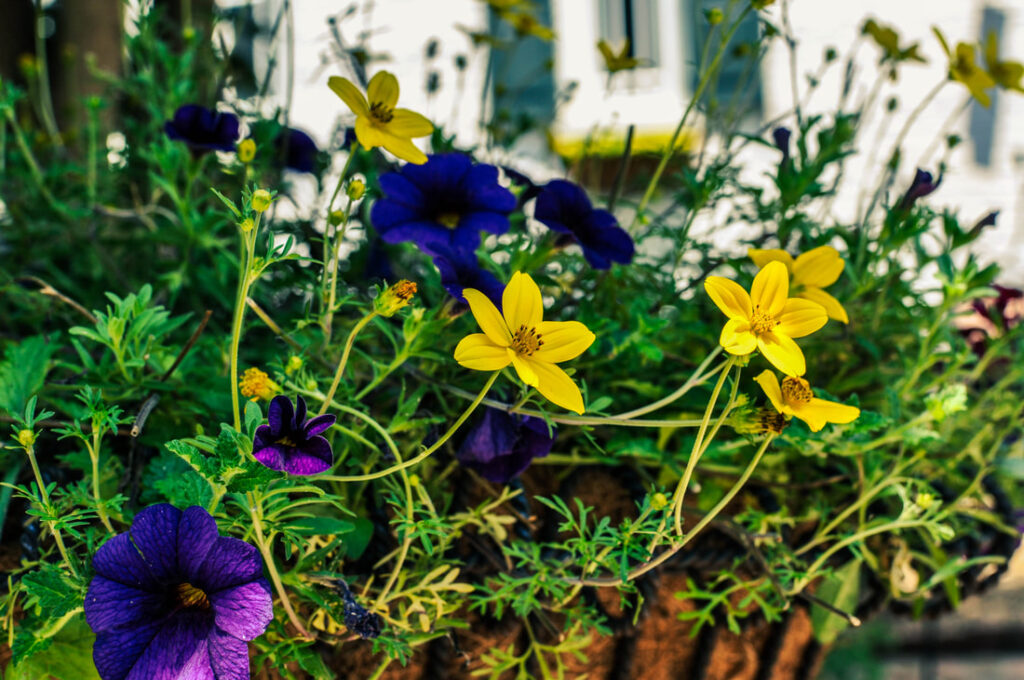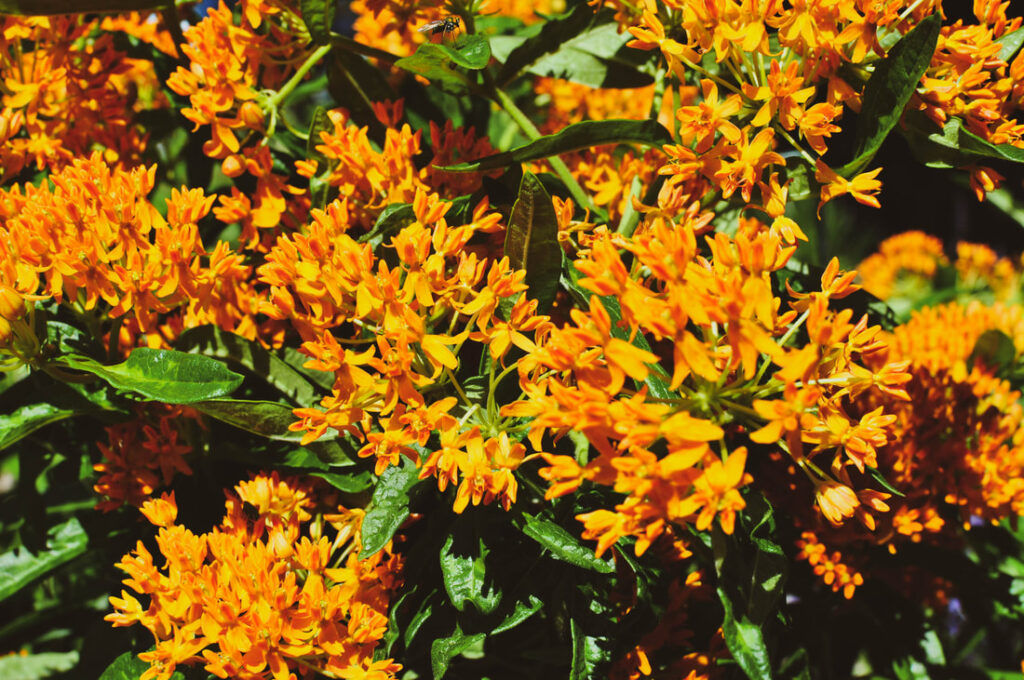 From our friends at the Crescent Hill Garden Club
From our friends at the Crescent Hill Garden Club
Early summer is such a beautiful time in Crescent Hill! The Spring ephemerals are long gone, making room for lilies, roses, many summer perennials. The annual flowers and vegetables are starting to take off. The hard work of preparing soil, and transplanting and mulching is behind us. There is still much to do to keep everything looking great and growing well. The following tips should help you do just that…
June
Flower Gardens
- Fertilize your roses, annuals and perennials regularly.
- Water beds deeply but infrequently. Containers may need water daily.
- Dead head spent blossoms from flowers including bulbs.
- Pinch back mums and asters to reduce size and prevent early blooming.
- Plant out tender summer bulbs such as dahlias and tuberous begonias.
- Watch for snails and slug damage. Set beer traps or or place sharp grit around the base of plants.
- Stake tall flowers to prevent damage from thunderstorms.
 Lawn & Landscape
Lawn & Landscape- Control White Grub in turf.
- Fungi in your hardwood mulch? Remember they are just doing their job -improving your soil.
- Raise your mower height to 2 1/2″-3″.
- Check for bagworms on spruces and junipers. Spray with Bt when they are 1/2-3/4 “.
- Replace sugar solution in hummingbird feeder every other day to prevent spoilage which is toxic.
Vegetables & Fruit
- Water berries deeply during fruit development.
- Use bird netting to protect fruit.
- The soil is warm enough to plant out sweet potato slips.
- Pinch back herbs to prevent them from blooming.
- You can plant sweet corn, late potatoes, summer squash, bush beans, parsnips, and cucumbers.
- Side-dress, fertilize already established plants – beans, cucumber, cantaloupe, corn, eggplant, peppers, and tomatoes. If using 10-10-10, 1 cup per 10 foot row.
- Plant pumpkins around June 15.
- Begin a fungicide program for tomatoes. Mancozeb, maneb, daconil and copper based fungicide give protection if started now.
July
Flower Gardens
- Continue fertilizing roses until August.
- Pinch side shoots off dahlia shoots to increase bloom size.
- While dividing and transplanting iris, look for iris bore.
- Continue pinching back mums.
- Fertilize containers regularly. You may need to water twice per day.
- Water beds in the morning to prevent disease.
- Continue to deadhead annuals to lengthen bloom time.

Lawn & Landscape
- Water trees, shrubs, and lawn infrequently but deeply giving special attention to newly planted ones.
- Sharpen mower blades.
- Maintain mower height at 2 1/2″-3″.
- Keep your birdbath filled and cleaned.
- Keep hummingbird feeders full as there are a lot of mouths to feed now.
Vegetable & Fruit
- At the beginning of July, plant more sweet corn, bush beans, beets, Swiss chard, melons, okra, potatoes, field peas, and summer squash.
- Start seeds for fall garden – broccoli, Brussels sprouts, cauliflower and cabbage.
- Fertilize strawberries.
- If you haven’t done it yet, make pesto!
August
Flower Gardens
- Continue watering deeply but infrequently.
- Cutback and fertilize annuals to encourage rebloom. This works for some perennials too!
- Start collecting seed and taking cuttings of favorite plants.
- Watch your use of pesticides and fungicides. Hot, humid weather can cause leaf scorch.
Lawn & Landscape
- Raise your mower blade height by an inch to prevent scorching.
- If you are planning on replacing your lawn this fall now is a good time to start killing it off.
- Keep watering.
- Be on the look out for fall webworm, sawflies, contact the Jefferson County Cooperative for advice on insect and disease concerns.
Vegetable & Fruit
- High daytime temperatures may prevent veggie flowers from developing. They will continue once temps drop.
- Transplant broccoli, cabbage and cauliflower by August 15.
- Plant seeds of edible prodded peas, bush beans, radishes, beets, spinach turnips, lettuce and greens.
- Divide rhubarb plants if not done in spring.
